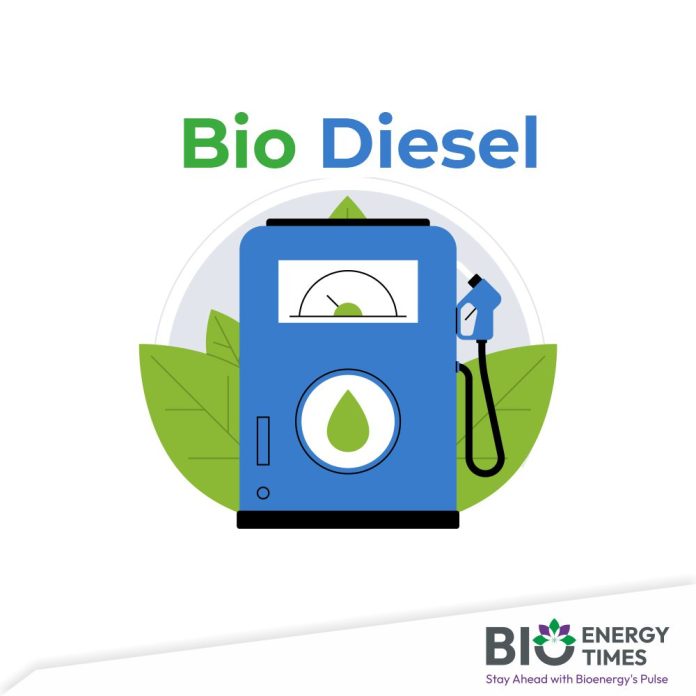Jakarta: Indonesia has urged the European Union (EU) to revoke countervailing duties on biodiesel imports after the World Trade Organization (WTO) ruled in its favor on several key points in a trade dispute, reports The Reuters.
Trade Minister Budi Santoso said on Monday the EU’s duties—imposed since 2019 at rates between 8% and 18%—are inconsistent with WTO rules. “We urge the EU to immediately revoke these countervailing import duties that are not WTO-compliant,” he said in a statement.
The EU introduced the tariffs on grounds that Indonesian biodiesel producers benefited from subsidies such as grants, tax breaks, and cheap raw materials. But Jakarta argued in its 2023 complaint that these measures were not subsidies under WTO definitions. The WTO panel agreed, ruling that Indonesia’s palm oil export duty and levy could not be classified as subsidies. It also said the EU had failed to prove that imports from Indonesia threatened “material injury” to European biodiesel producers.
Indonesia, the world’s largest palm oil exporter, shipped 27,000 kilolitres of palm-based biodiesel to the EU in 2024—a steep fall from 1.32 million kl in 2019, just before the duties were imposed.
The case adds to longstanding trade tensions between Brussels and Jakarta, ranging from biodiesel tariffs to the EU’s anti-deforestation regulation, which Indonesia fears will hurt its palm oil shipments.
Industry players remain cautious despite the ruling. “We must remain vigilant and ready for any movement by the EU after this ruling,” said Catra de Thouars of the Indonesia Biofuel Producers Association, noting that Brussels has previously resisted adverse WTO findings.
The WTO’s decision can be appealed, but the global trade court has been paralyzed since 2019, when the U.S. blocked new judicial appointments.
Despite the uncertainty, Jakarta hopes an upcoming EU–Indonesia free trade pact—politically agreed in July—will improve market access for palm oil and related products.















